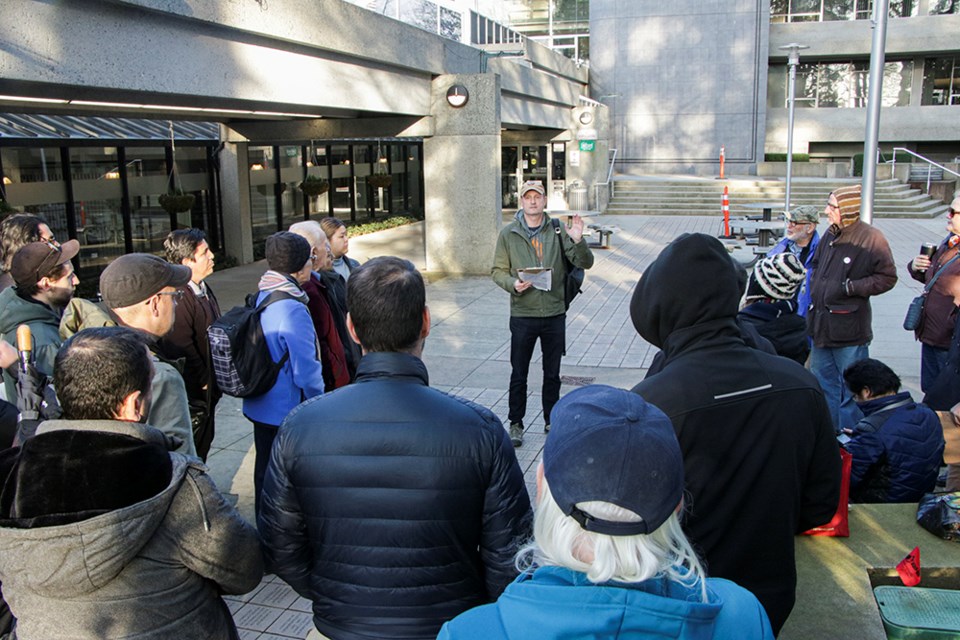Housing advocates and elected officials offered mixed reviews as two landmark rental policies were finalized in Burnaby City Hall Monday night.
Activists with ACORN (Association of Community Organizations for Reform Now) called the policies convoluted and confusing and expressed concerns they could leave some renters without demoviction protections. By contrast, councillors hailed the policies as the “best in Canada.”
The rental-use zoning policy is intended to guarantee rentals in multi-family projects throughout most of the city, while the tenant assistance policy extends the rights of tenants who are demovicted for new developments.
The latter includes an obligation for developers to ensure renters who are demovicted – evicted for developers to tear down and build anew on that property – have a place to stay during the construction of the new place at the same rent as they were paying before. It also provides “right of first refusal” for a spot at the new location, again to be offered at the same rent they were paying before, plus inflation.
The final zoning policy requires developers to set aside 20% of the units allowed on the property for “affordable” rentals at 20% below the median market rentals in the area, as recorded by the Canada Mortgage and Housing Corporation.
Councillors praised the completion of the pair of policies in Monday’s council meeting.
“This is an important night. We are finalizing a rental-use zoning policy that will shape our city well into the future,” Mayor Mike Hurley said.
“This policy is the bedrock on which we will see new rental housing built in neighbourhoods all across the city.”
ACORN’s Burnaby leader Murray Martin acknowledged it is likely the best in Canada – but that’s a low bar to clear, he said. He and other advocates, however, complained about a lack of consultation ahead of Monday’s meeting.
He said he didn’t like seeing the city abandoning vacancy control – limiting rent hikes in a unit between renters – in favour of tying rents to the CMHC median in the new zoning policy. But he said he was more focused on the demoviction policy, which he noted is a more pressing issue for people potentially facing homelessness.
In particular, he was concerned about a lack of clarity around the rules, which he noted came in a long, convoluted document full of policy jargon. He said between three people who read the policy, each had different takes on what it meant for renters.
In large part, Martin said his apprehension stems from a lack of consultation with ACORN on the finalized policies. Martin, and others connected to the city’s now-defunct housing task force, said he was told he would be able to get an advance copy of the finalized policies and provide feedback.
Instead, Martin said, he got an email at 3 p.m. last Friday, leaving little time to go through the combined 47 pages of policy to form an opinion.



